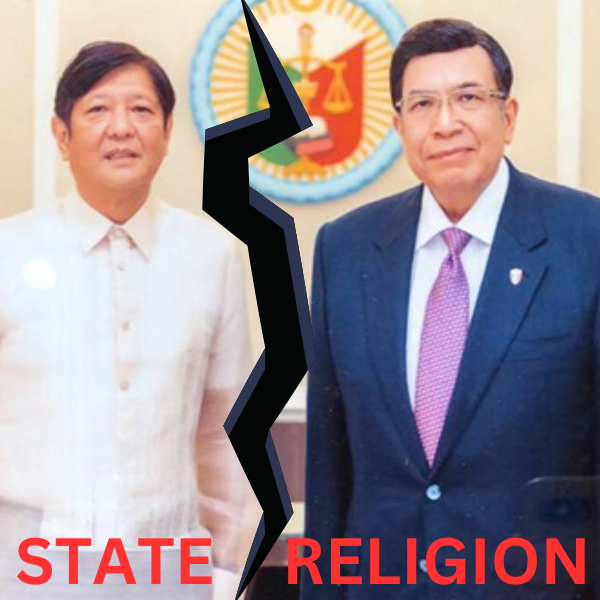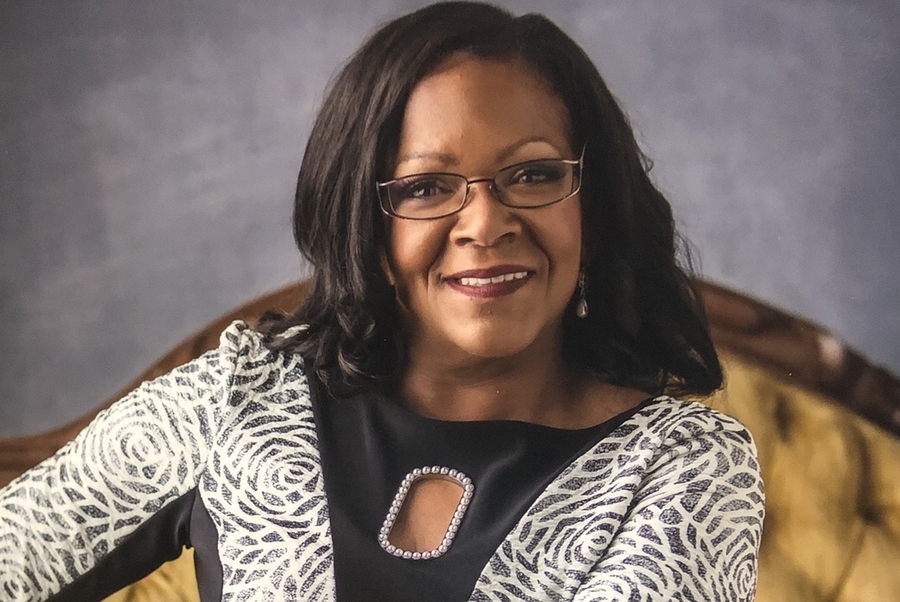There are 438,373 registered voters in the nation’s capital. Somewhere, there must be a Donald Trump supporter among them.
He’s the phenomenon who took over American politics, the Republican front-runner for president, the ultimate symbol of the marriage of celebrity and politics. But in the District of Columbia, where Barack Obama won 92.5 percent of the vote in 2008, where it’s hard to be a Republican, it’s even harder to be one supporting the candidate who calls government workers “too much staff being paid way too much money.”
For many D.C. Republicans, Trump’s style and his broad assurances about a future of wins and greatness seem way too far removed from how this overeducated, wonk-heavy city works.
Among the 169 Republicans who will compete at the party’s D.C. convention on March 12 to become delegates to the national convention in Cleveland this July, only 11 have declared Trump their preferred candidate. (Jeb Bush had the only full slate of candidates in the city, with 32 supporters seeking to be a delegate or an alternate, before he dropped out of the race Saturday.)
If Trump’s candidates for delegate are trying to spread the word and win support, they’re unusually shy about it.
“I don’t think I can talk about that,” Michael Ding, a D.C. lawyer who is running to be a Trump delegate, said before hanging up the phone.
“I have lots of opinions, but, well, one person’s red is another’s blue,” said candidate Elizabeth Sinclair, another D.C. Republican running to vote for Trump at the convention. “I’m sure other delegates will have something to say.”
Patrick Mara, chairman of the District’s Republican Party, who is staying neutral until there’s an official nominee, hasn’t seen anything quite like this. “You’d think somebody would want to talk about their candidate,” he said. Mara approached several people he knows are supporting Trump and they said they weren’t willing to talk publicly about their decisions.
Another party official agreed to talk about his potential support for Trump — this man, a veteran lawyer in the city, had liked Chris Christie but is now leaning toward Trump because of his electability — only if his name was withheld. “The only thing that matters is how many votes he can pull in,” the official said. “So I could support him, but I’m very concerned about his behavior. He says a lot of very offensive things. And on the policy side, he has huge gaps — yuuuuge. It’d be hard to be a surrogate for him. I don’t know if he’s a genius or a lunatic.”
Trump’s D.C. campaign, such as it is — Mara says his only contact with the Trump people has been through their Virginia field director, who he says also plays that role for West Virginia and Guam — turned down requests to speak to supporters in the city. (A Trump spokesman did not respond directly to questions about the D.C. campaign.)
But a few brave Trump supporters are willing to stand up for their candidate — and they say their decision is sitting surprisingly well with friends and neighbors.
Roberta Miller, who lives on Capitol Hill, says that for most of the 38 years she worked for the federal government, 23 of them at the Environmental Protection Agency, “I was in the closet about being a Republican. I only told close friends. At one point, at the EPA, there was a handful of us, and we had our own little private email group.”
Now that she’s retired, though, she’s more open about having chosen Trump, and she says her friends “just accept it as me being me.” At a fashion event the other night, Miller, 64, told a couple of liberal, longtime Obama-supporting friends that she was now a Trump backer, and they surprised her by saying they were for him, too.
Miller’s niece and nephew, who support Bernie Sanders, gave her some grief, but she figures they’re really not that far apart. “Trump and Sanders are both very authentic,” she said. “They don’t pussyfoot around. Good manners are important, but you have to name the problems.”
Miller was a Carly Fiorina supporter but decided that her party had chosen enough unelectable presidential candidates. “I voted for Mitt Romney holding my nose,” she said. “He was way too programmed.”
In a way, Miller believes, Trump may be better matched to D.C. voters than other Republican candidates. “Their totally anti-government rhetoric is over the top, and Trump recognizes there’s an important role for government,” she said. “Obviously, I support government or I wouldn’t have spent my career in it.”
Marya Pickering spent most of her working life at the Defense Department and as a government contractor, a field in which she learned to “place a high premium on past performance, and Mr. Trump has a clear record of business success,” she said.
Pickering, 69, was drawn to Trump by his independence. “All this talk of reforming the election process — he’s living it, funding his own campaign,” she said.
Pickering didn’t come to her decision lightly. She read Trump’s book “The Art of the Deal.” She studied his 1980s triumph in New York City, where he renovated an ice-skating rink under budget and ahead of schedule after the city government spent six years and $13 million failing to get the job done.
Some of her friends, loyal Republicans, raise an eyebrow when they hear of Pickering’s choice. No matter, she said: “I understand a number of them stay with the mainstream because that’s where they’ve always been; they have been Bush family supporters for a couple of generations.”
And some Washingtonians tell Pickering that Trump is a bundle of generalities, a man without position papers.
“What do position papers give you?” Pickering said. “He tells it like it is. He can give a speech without a teleprompter. He speaks in short, declarative sentences, so people can understand him. He’s in the tradition of Andrew Jackson, if you ask me. And what really impresses me as a parent is that he has raised all of his children to be productive, impressive citizens, when they could very well have been trust-fund airheads.”
Lori Saxon, who lives in Shaw, says Trump supporters are rare birds in the District because so many people, Democrat or Republican, depend on government spending. “People here want somebody entrenched in the system so they can continue to not go to work and stay home and claim they’re telecommuting, like so many people here do,” she said.
Trump, she figures, would deliver a powerful jolt to a sodden system. “He’s the change we need,” she said. “He’s not afraid of offending anybody.”
Saxon came to Washington to attend American University and stayed to work in the Reagan administration. She later moved to the private sector and now buys and sells goods at auctions.
She was drawn to Trump first because of his hard stance on immigration and his ability to create jobs. Then, as she saw how he won crowds over with his simple, firm rhetoric, she decided he could actually get things done.
It can be tough to be a Trump supporter. After initially agreeing to be photographed for this article, Saxon decided she didn’t want the extra dose of exposure. But she says Republicans in the District do develop a tough hide.
“I went to a liberal college, and they used to say I was nuts when I said Reagan would win,” she said. “Well, I haven’t been this excited about a candidate since Reagan.”






